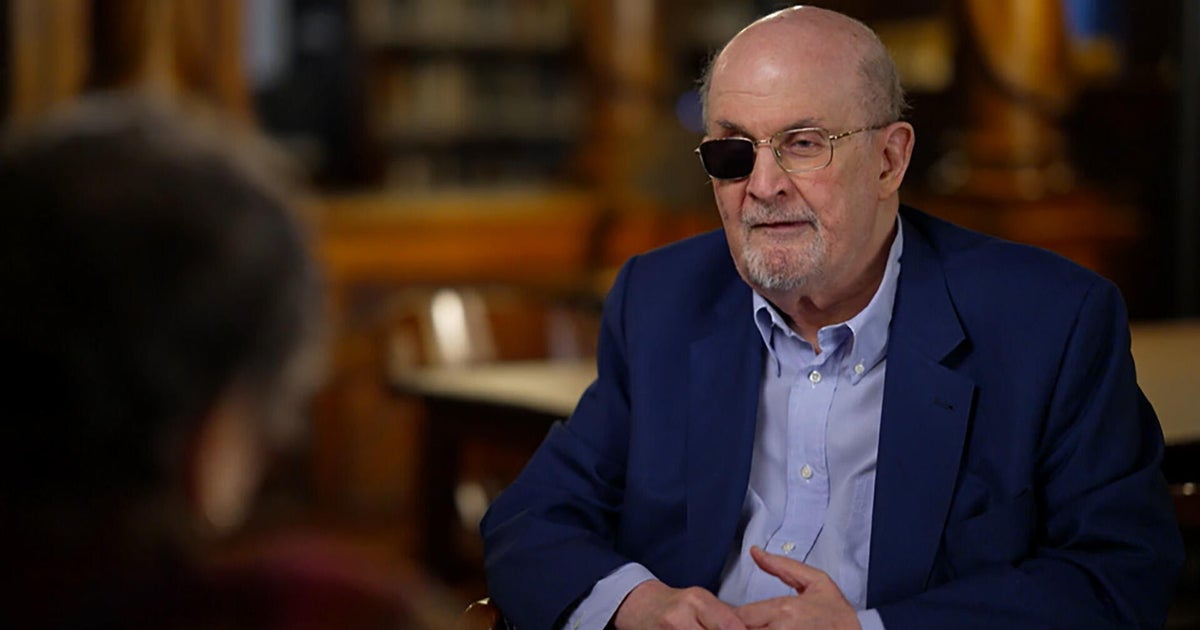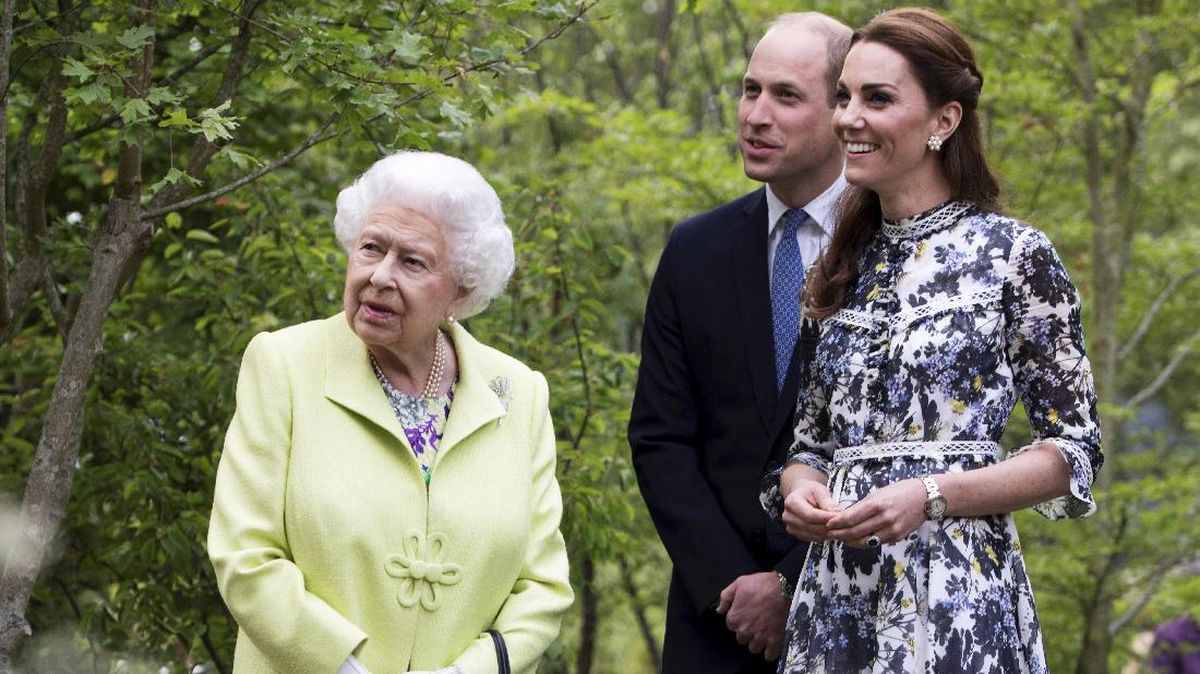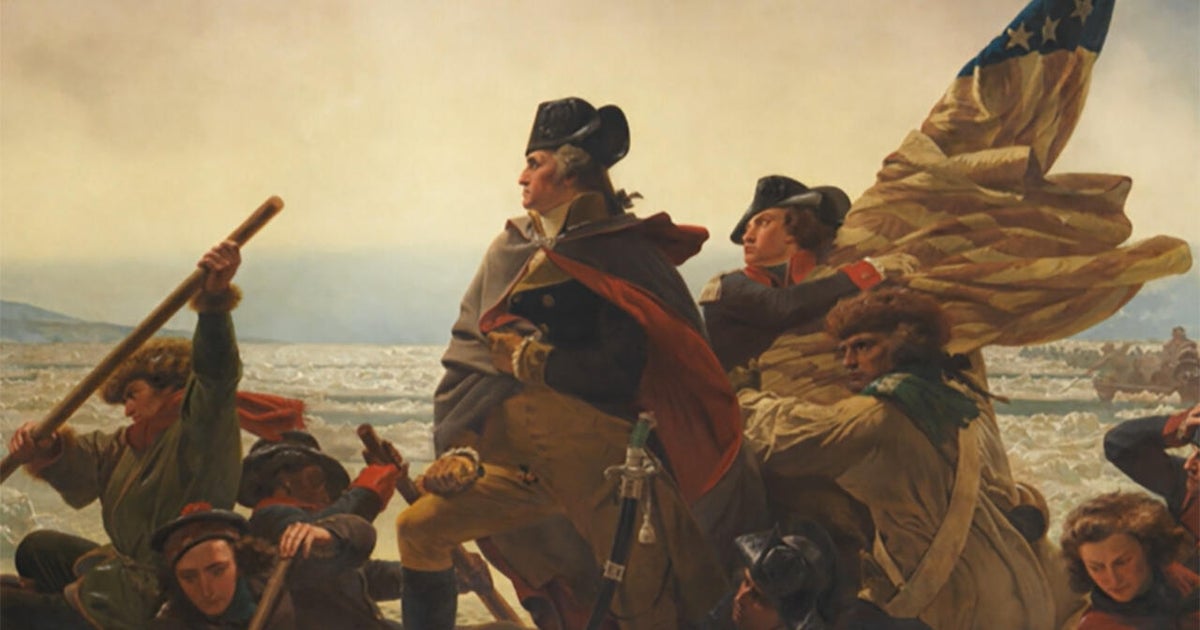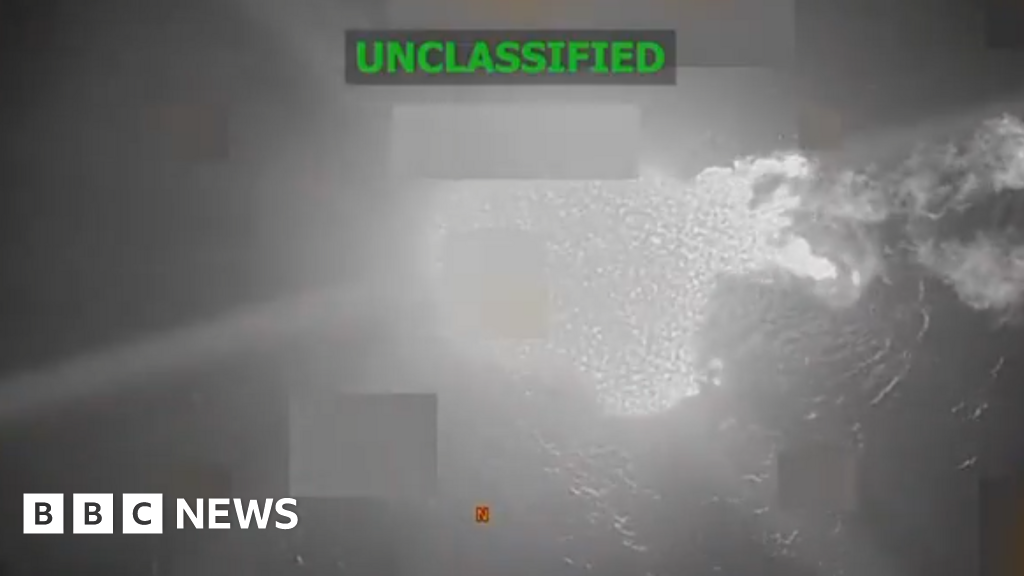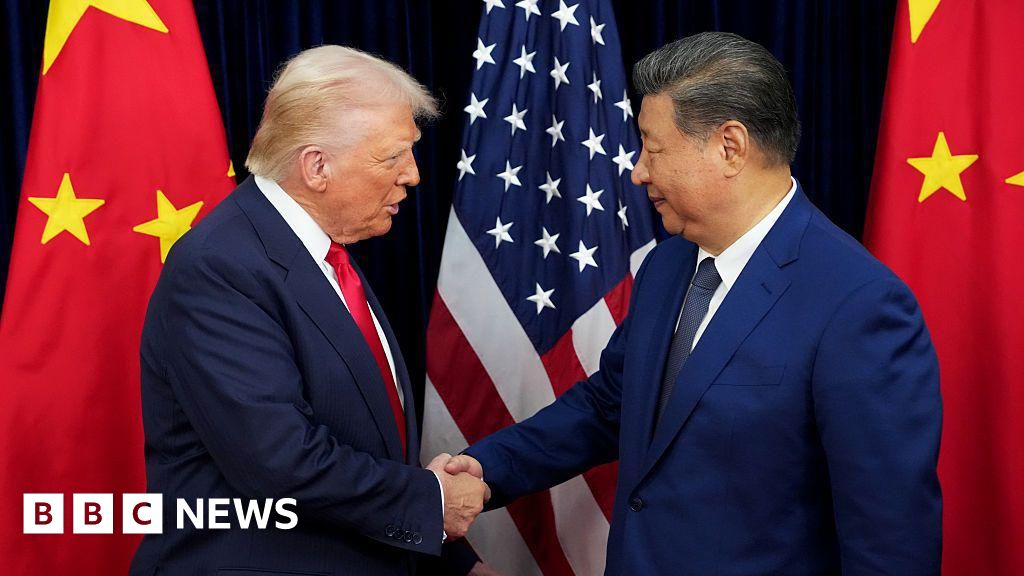In 1600s Japan, on the northern island of Ezo (modern-day Hokkaido), a wandering mercenary faces an undefeated duellist on a beach, in a makeshift arena.
Tiny crabs pop in and out of the mud, and crashing waves send towers of spray over glittering rock pools, as they prepare to draw their weapons. For one, the fight holds the key to a valuable secret technique that could help destroy her foes. For the other, the hope that he’s finally found an opponent worthy enough to end his life.
It’s one of my favourite early stories in Ghost of Yotei, Sony’s latest blockbuster PlayStation game. As with most the quests it’s entirely optional, and you can’t guess the scope of it when you start out — you only hear rumours that followers of a legendary swordsman are cutting people down to prove their worth to their idol — but it ends up playing out as a string of thrilling fights with some handy upgrades and interesting character moments along the way.

Ghost of Yotei feels like samurai cinema come to life, except players are ultimately in charge of the wandering mercenary’s journey.
Yotei is arguably the biggest new single-player game of the annual pre-holidays release season — with analysts estimating it’s sold 2.5 million units over its first three weeks — but it’s only the latest in a long line of big-budget cinematic epics from Sony.
Rob Davis, an Australian developer living in California who worked on the two most recent God of War games and was campaign director on Ghost of Yotei, likened PlayStation Studios to HBO in its golden era. The games have similarities, if only because they’re all vying to be the highest form of glossy character-driven interactive media, with some “healthy competition” between them.
“Because the teams have been together for a long time, and because we hopefully know our audience quite well at this point, the thing that I’ve noticed consistently is the desire to bring cinematic action into life and drive really high-quality games across the board,” he said.

Rob Harris is campaign director on Ghost of Yotei.
“For many people that’s not really a business driver. It’s personal. To be a top developer, and to inspire players. The actors themselves are incredibly committed to these roles and characters, because I think they have seen how much the PlayStation audience takes their heroes seriously.”
Though every studio under the PlayStation umbrella has its own approach — including Santa Monica (God of War), Naughty Dog (The Last of Us), Guerilla (Horizon), Insomniac (Spider-man) and Sucker Punch (Ghost of Yotei), you could argue the focus on acting and cinematic presentation comprises a house style, or at least a common passion. And Davis said a practical benefit of that is that it can help guide developers as they put their massive projects together. By picking out elements of other media they want to evoke, and aiming to make it into a playable reality, they can have a tangible goal to shoot for.
“That’s kind of the magic of a game, is when it’s not just in a manga anymore, when it’s not just in an anime or a movie or even a page-turning book. You can actually play as the character and move the camera,” Davis said.
“And it seems like such a simple thing, but when the games take three or four years to make you have a north star. What if I could play as Yojimbo? What if I could play as a Rurouni Kenshin type character? What if I could play as a Lone Wolf and Cub inspired hero? As the twists and turns of development goes on, it’s nice to have that cinematic style.”
For Yotei, which is a follow-up to 2020s Ghost of Tsushima though narratively unrelated, those samurai cinema inspirations show through plainly. There’s the aesthetic of course — all wind and water and blood and mud and straw hats straight out of a Kurasawa film — but there are deeper elements too. The importance of mastery and labour, the mysteries in nature, the progression of culture and its effect on those who live off the land.

The gritty, muddy, bloody combat is a big part of the game, and by visiting various masters Atsu can learn to wield several different weapons.
Players control Atsu, performed by Erica Ishii, who has returned to Ezo on a mission of revenge. Her family was murdered when she was a child, and after sixteen years as a soldier on the mainland, she’s ready to track down the group responsible and eliminate them one by one. It’s not that easy of course, as their leader is growing in influence and preparing to defy the shogun, with his followers now covering the whole island. And, as you’ll likely be able to peg from very early on, Atsu is destined to discover some truths about the cycle of violence and the nature of retribution.
Having played through the game I can say the overall design isn’t really much more original than the narrative set-up. You have a large map to explore and a growing list of tasks. You can follow the suggested path that will connect you with allies, grant you new skills and put you on the trail of your targets, or you can roam around looking for secrets and side missions. Anyone who’s played an open world game in the past 10 years will feel somewhat at home.
But what Yotei does better than most is pacing. You’re not being dropped into an urgent situation with a bunch of hoops to jump through to achieve your goals; you’re a wandering mercenary who’s promised to eventually take vengeance, but who knows it’s a long and difficult path. It feels natural for Atsu to slowly explore the island, which has changed so much since she was a child, and the game supports that. While gathering clues to locate a major enemy, you’re often sidetracked by a monk that needs help, or an inn that’s been taken over by bandits, or the hint of a health-boosting hot spring. The world is filled with stories — some tiny, some that turn out to be unexpectedly involved — that you feel like you’ve come across by chance.

Ezo is vast, and filled with secrets to find.
“We have a sort of overarching philosophy, which is trust the player. And if we deliver the authenticity of Hokkaido, and the authentic samurai wandering mercenary fantasy, then we’re okay with players missing some things occasionally,” Davis said.
“It’s a little nerve wracking. But what we’ve found is that the more handcrafted we make everything you find in the game, with a little adventure, a little story, a little mystery, even a twist or a mechanical gotcha, we create a promise to the player that it’s worth exploring and worth discovering.”
Of course there are moments where you feel the invisible hand of a director guiding you. Fields of flowers in the world speed your horse when you ride over them, but also tend to lead you on paths that go by interesting shapes, intriguing smoke columns, or rivers that snake towards caves and camps. There’s a subtle interplay as well between the way combat, equipment and story all progress together that naturally makes you want to switch goals occasionally to do something different. And that does also give you confidence that if you decide you want to explore the coastline, or ride as far north as you can to make camp, or abandon the quest you’re on to gather resources and upgrade your armour, the game will support it.
Loading
Cynically you could say this is yet another shiny narrative blockbuster put together using the same recipe as Spider-Man or Assassin’s Creed, and I wouldn’t argue with you. But there’s undeniably a unique flavour here, to do with the fact that there’s scarcely any user interface visible on the screen as you ride around, and due to the painstaking way culturally important elements like calligraphy or the ginkgo tree are represented. Certainly, there have been many reactions online from people who live in Hokkaido who can’t believe how recognisable their home is in the game.
“We’ve been genuinely blessed by the partnerships we have, with the advisers in Japan and Hokkaido,” Davis said.
“And so not only is it about making good game-design, not only is it about bringing samurai cinema to life, there’s also a little bit of pride within our studio doing right by our Japanese partners as well. We took it very seriously.”
Get news and reviews on technology, gadgets and gaming in our Technology newsletter every Friday. Sign up here.
Most Viewed in Technology
Loading

